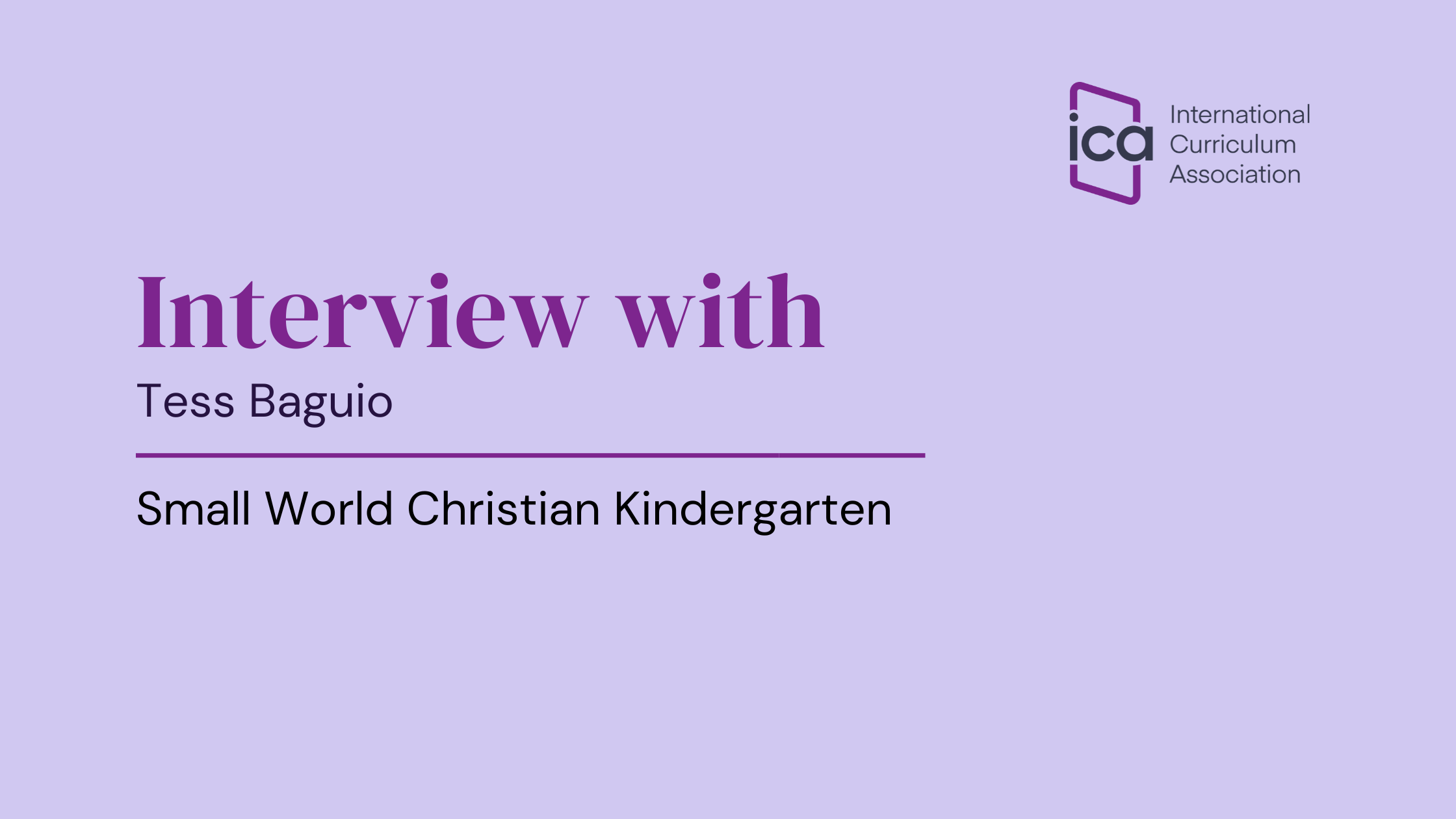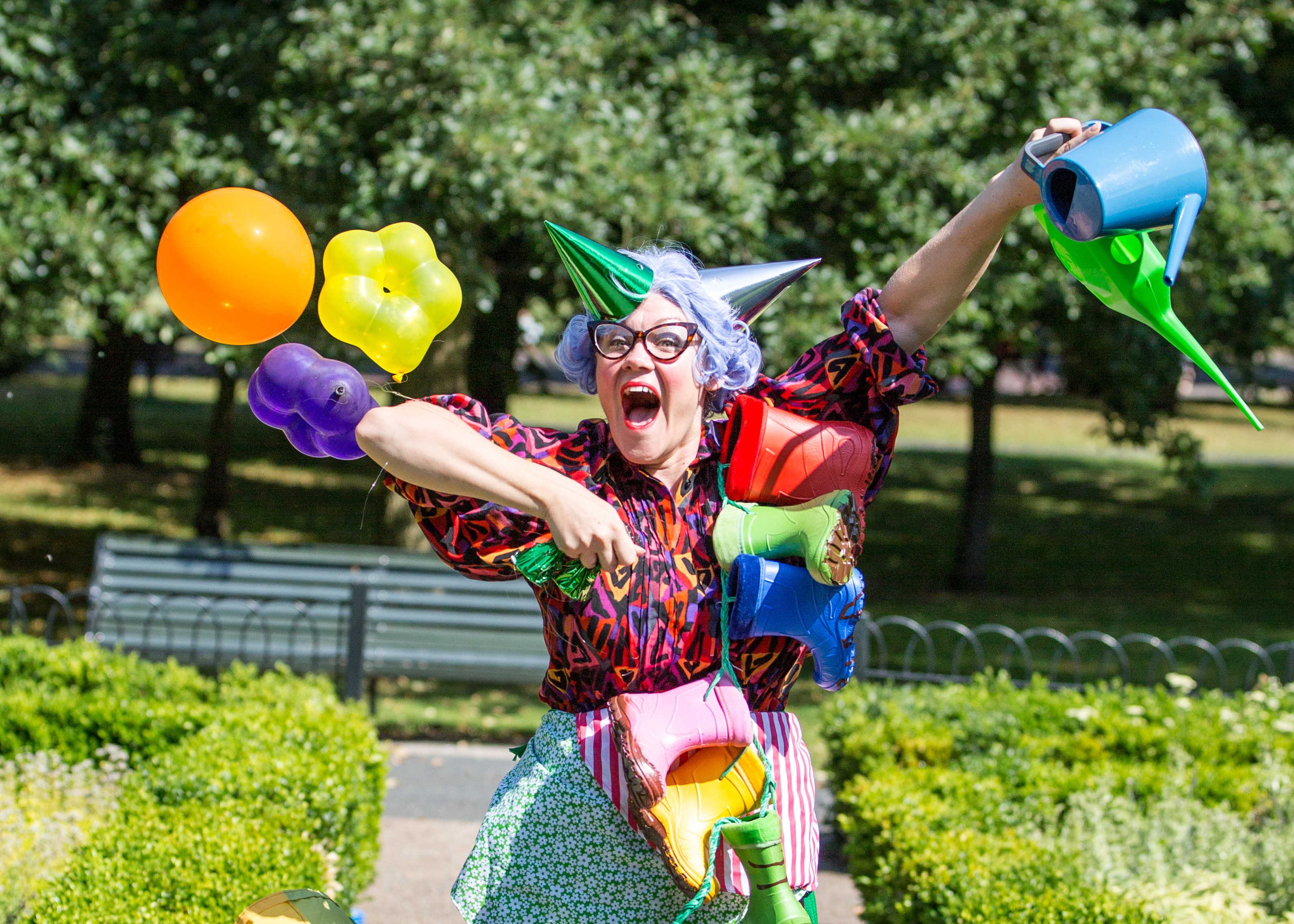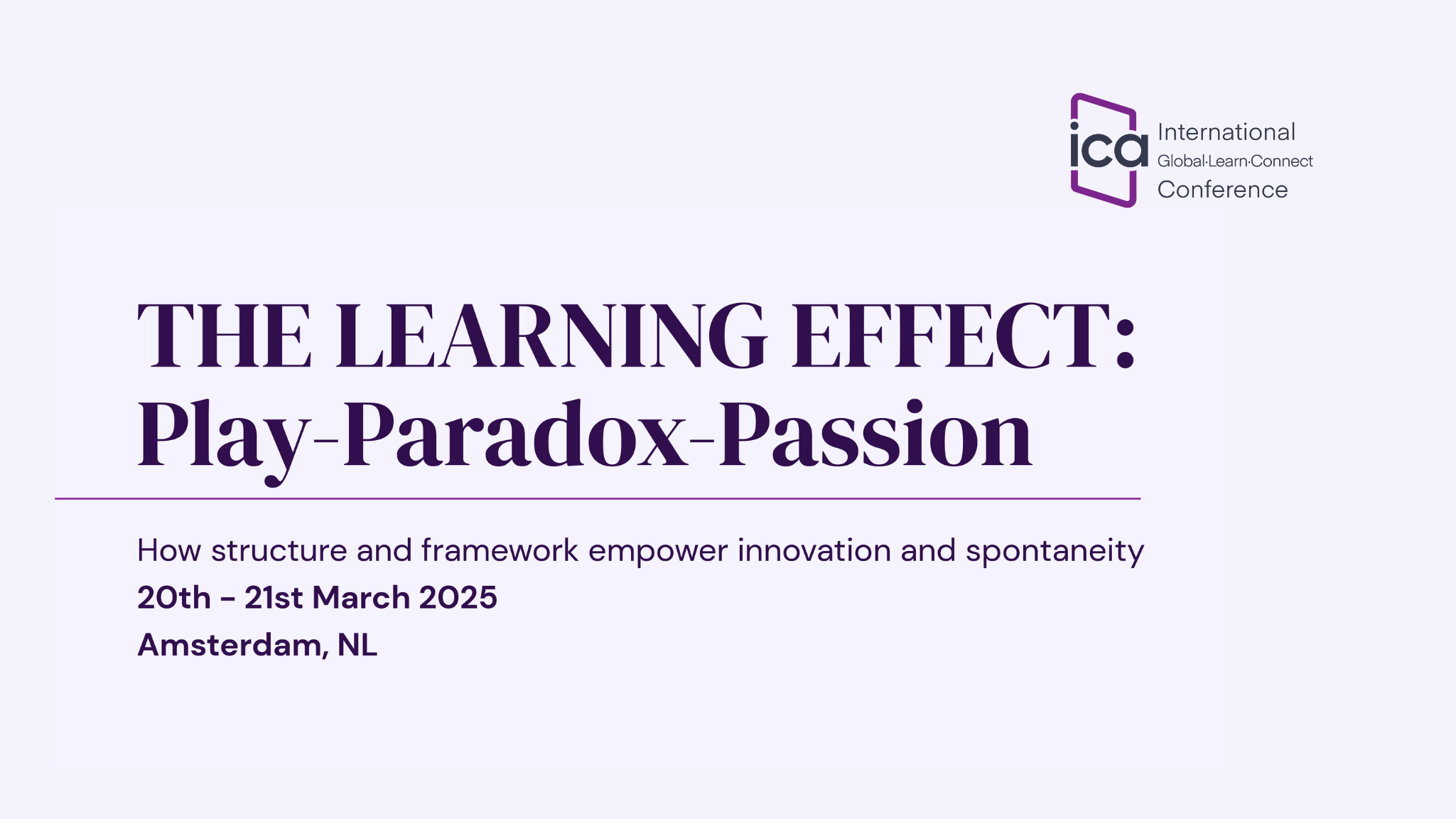Early childhood development is heavily focused on play. Can you describe your philosophy on play-based learning and how you incorporate it into your daily classroom activities?
Play is integral to young children’s growth and learning about themselves, others and the world. Young children need an ample amount of play each day - play is an essential part of children’s growth and development to continue to flourish! Children learn best when they are playing and engaging in playful experiences as they make meaning of their relationships and experiences.
In our school, it is crucial for teachers to plan, design and implement play-based learning, providing children with playful and meaningful learning experiences from their classrooms to the outdoors. The learning environment is enabled by teachers to support children’s developmental needs and also considers children’s interests. Our school timetable supports children to meaningfully engage in uninterrupted play, providing them a third of their class period to explore and extend their interest and curiosity. It is also important that children are provided with diverse opportunities to play and engage in teacher-led, teacher-scaffolded or child-led learning experiences in our setting. In school, our young learners have a balance of structured and unstructured play, both indoors and outdoors. We also encourage and invite the children to explore and extend their play at the Outdoor Play area such as the garden, mud kitchen, etc. Our teachers are always available to guide, support and scaffold children’s learning, whenever appropriate.
The social-emotional well-being of young children is crucial. How do you create a nurturing and inclusive environment that fosters positive social interactions and emotional regulation in your classroom?
Providing a nurturing and inclusive environment is fundamental in our setting and classroom practices. Each learning environment needs to be warm and welcoming, providing a space where teachers support positive interactions with young children to make them feel safe, secure, and have a good sense of belonging. Our setting provides opportunities for children and adults to interact and play together in various learning areas, using different types of play materials, where adults are sensitive and responsive to the needs of each child. Every learning environment helps children feel included, acknowledging and validating their thoughts and feelings through numerous opportunities to practise and learn social skills.
It is vital that children are provided with lots of play and an enabled playful environment where they can be surrounded by an environment of positive relationships. If some children are feeling anxious or managing big emotions, we have a quiet ‘calming area’ in every classroom - a comfortable space with soft pillows and toys where children can regulate their emotions through different calming techniques that they learned in the IEYC Unit, ‘Healthy Habits’, such as humming, breathing exercises, guided by a teacher.
Every child learns and develops at their own pace. How do you assess and address the individual needs of each student in your early years classroom?
In school, we are guided by the IEYC Reflective Practices for Improving Learning through capturing, interpreting and responding. Teachers and learning assistants regularly observe children, capturing the information they need to plan for and extend their learning. Teachers observe children in different play contexts such as in teacher-led activities, child-led activities indoor and outdoor play environments, etc., where they capture and interpret data meaningfully and appropriately, helping them to extend their children’s learning and development. Likewise, it is essential to consider multiple perspectives about the child and their learning, hence, teachers engage in professional learning dialogues with different stakeholders such as teaching partners, parents and families. Through these dialogues, teachers are able to adapt or enable their learning environment to support children’s development and learning, consider appropriate learning experiences and activities in either Phase A or Phase B that are suitable to meet the needs of the child.
Collaboration with parents and caregivers is essential in early childhood education. How do you build strong relationships with families and keep them informed and involved in their child's learning journey?
We forge strong partnerships through regular communication such as our weekly School Newsletters (whole school) and weekly Learning Update (class-based). These newsletters are learning-focused which outlines what learning has taken place in school and in class, providing information about the themes, learning blocks, celebrations of learning, personal learning goals, and many others. Every child has a digital Learning Journey that includes photos, videos and anecdotal observations of the three dimensions: academic, personal and international.
We encourage parents to be involved in children’s learning through the class newsletters learning-link segment that provides suggestions on how to continue learning from home, especially during weekends and holidays. We also invite parents to be involved in class as a resource person, mystery readers, parent volunteers, and many others. We encourage parents to be involved in various school events, supporting children in their learning such as field trips, gardening, etc. We invite parents to participate in parent education courses, IEYC workshops, parent-teacher conferences, learning celebrations, and other annual school events.
The transition to kindergarten can be a big step for young children. How do you prepare your students for the academic and social demands of kindergarten? What strategies do you use to ensure a smooth transition for each child?
Before the start of the school year, we usually invite parents and their children for a day of orientation in school through ‘Stay and Play’ sessions in school, introducing and familiarising the learners to their new teachers, new classmates, their classroom and the school. In class, the parents and learners will learn their new class routine for them to know what will be expected in every period, for example circle time, child-initiated play, snack time, music and movement, story time, etc. Various learning areas are prepared and clearly designated with lots of playful learning experiences and open-ended activities for children to build and construct, either on their own or with their peers. Each classroom has a home corner and meaningful play resources that allow children to engage in role play related to their home experiences. It provides a space for imaginative play, social interactions, emotional development, language and communication and many learning opportunities. We also stage their transition in school, providing differentiation to some young children who may need more time to settle in, for example, having a parent or caregiver in class to support their emotional needs, having a shorter time in school and increasing their hours incrementally, etc.



